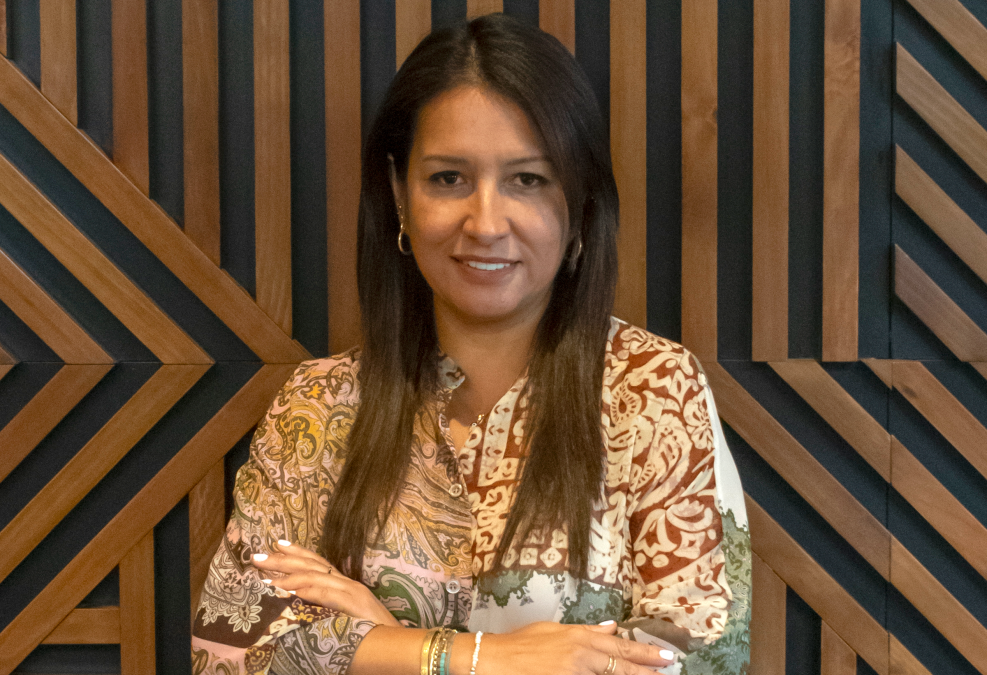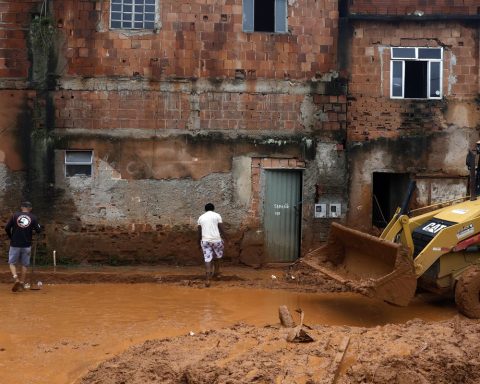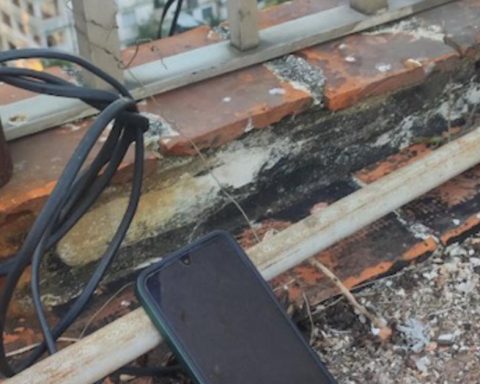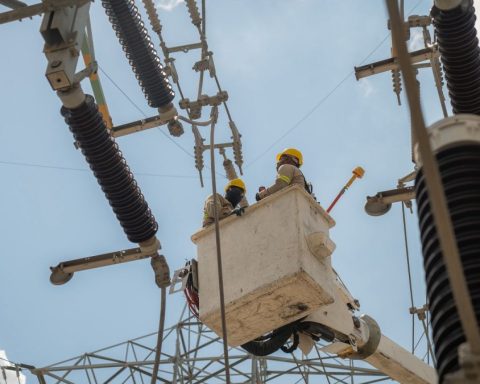If the economic impact of the non -alcoholic beverage sector is measured, the results are very encouraging: in 2024 they contributed more than S/2,000 million to GDP, including direct, indirect and induced effects. This figure translates into the creation of 83,000 direct and indirect jobs throughout the entire value chain, which includes farmers, operators, distributors, winemakers and recyclers, according to MacroConsult.
In addition, in terms of taxes, this industry has generated income to the State for S/ 817 million in taxes.
María Luisa Málaga, Executive Director of the Association of the Industry of Beverage and Soft Alcohol (Abresa), said that the contribution of the sector is very valuable for the Peruvian economy and that companies know that there is space, especially in the field of sustainability, to contribute more with society.
“We refer from the basics, which is the optimization of productive processes, the use of water, the use of energy; but also a series of actions with the environment, such as what is done with the containers, the reduction of plastic and all the works that can be done to improve the well -being of the population,” said Malaga.
Therefore, he indicated that a baseline has been drawn through indicators that measure their water consumption, the carbon footprint, the use of sugar, the reuse of containers, among others, for day to day work in the reduction or improvement of these indicators.
“For example, today we consume 1.5 liters of water for each liter of drink. While this has been significantly reduced in the last 6 years, the goal is to continue reducing it through innovation,” he said.
A MacroConsult study highlighted the progress that the non -alcoholic beverage industry has had in the reduction of plastics, achieving a 51% circularity of the containers, through recycling actions, use of recycled resin, returnability and other initiatives, promoting a circular economy.
To these good practices is added the optimization of the use of water and energy in its productive processes, as well as the decrease in sugar consumption. Between 2018 and 2023, the decrease in the consumption of 167 thousand tons of sugar avoided the emission of 43 thousand tons of carbon dioxide, which is equivalent to the reforestation of 112 hectares of Amazon forests.
“We are a constantly evolving sector, innovating and reformulating our portfolio to adapt to new consumption preferences. We continue to invest in research and development to offer drinks that respond to these trends,” Malaga added.
Take advantage of the new experience, receive by WhatsApp our enriched digital newspaper. Peru21 Epaper.
Now available in Yape! Find us in Yape Promos.
Recommended video


















